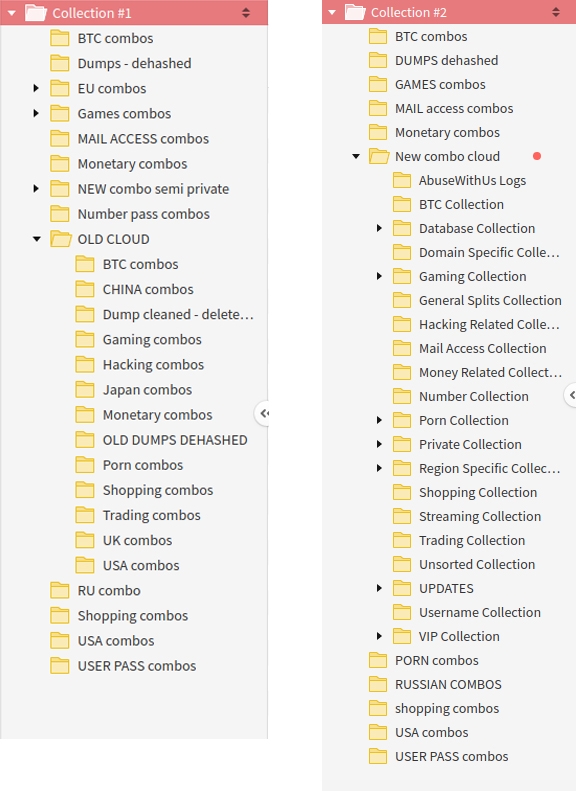This year is off to a busy start for hacking communities and the latest data dump adds yet more fuel to the quickly growing cyber security fire.
This year is off to a busy start for hacking communities and the latest data dump adds yet more fuel to the quickly growing cyber security fire.
A huge cache of stolen personal information that was discovered in December 2018 has made the headlines today, capturing the media’s attention due to the sheer quantity of stolen details disclosed. Making other data dumps look minuscule in comparison, a total of over 770,000,000 unique email addresses and over 21 million unique passwords were recently posted to a hacking forum.
DynaRisk recovered the data files shared on the dark web some months ago allowing us to protect our users from the scams and attacks that have used the stolen data since.

While much of the data has been shared before, the key thing to take away is that whenever a huge cache like this is shared, the data falls into the hands of an even wider group of cyber criminals. The underground forum where the information was shared has been viewed over 7,000 times.
This means thousands of potential criminals are downloading this data right now to use in a number of crimes; from phishing, ransom and other scams to account takeovers. DynaRisk’s Intelligence Team anticipate that as a result, we will see a wave of malicious activity emerging in the weeks ahead as cyber criminals start to digest the data and launch attacks.
Andrew Martin, DynaRisk CEO, reinforces the potential risks consumers might come up against in the face of this megabreach. “Cyber criminals will be having a field day with the sharing of this vast amount of personal information. Unsuspecting consumers will have their digital accounts taken over and be stalked on social media while companies large and small will be targeted for wire transfer fraud, ransom and intellectual property theft as a result.”
Scan your email address now using our free dark web and security scan and see if your email address has been compromised.
